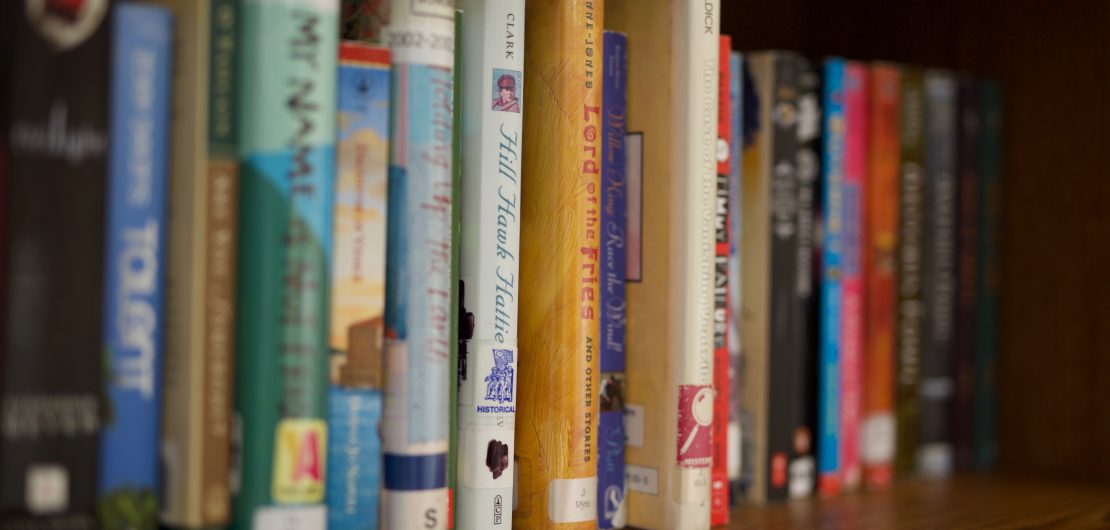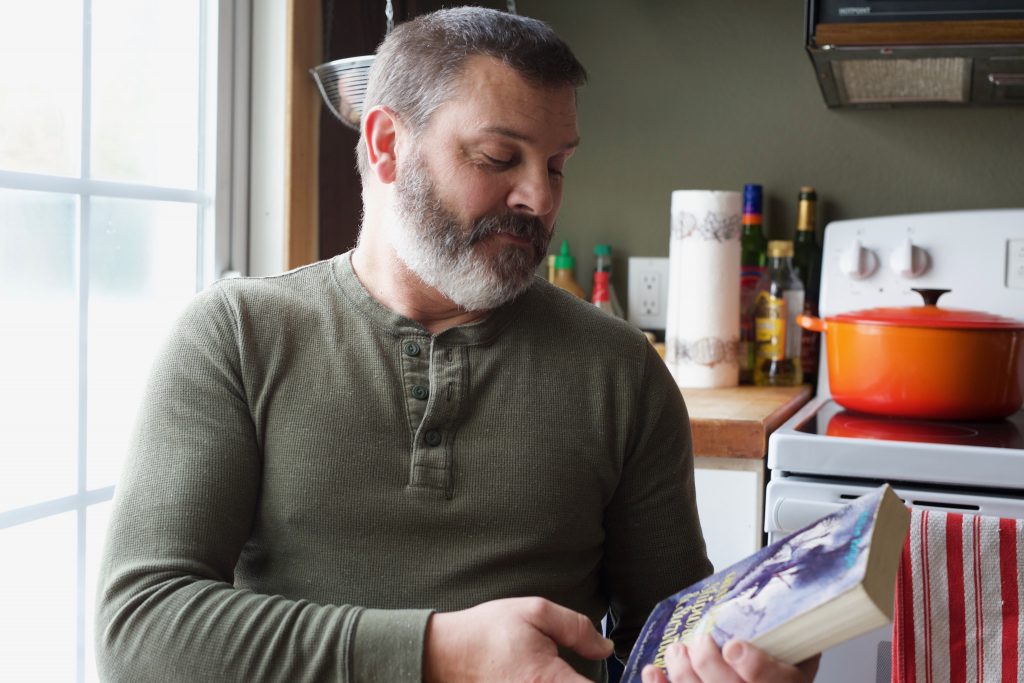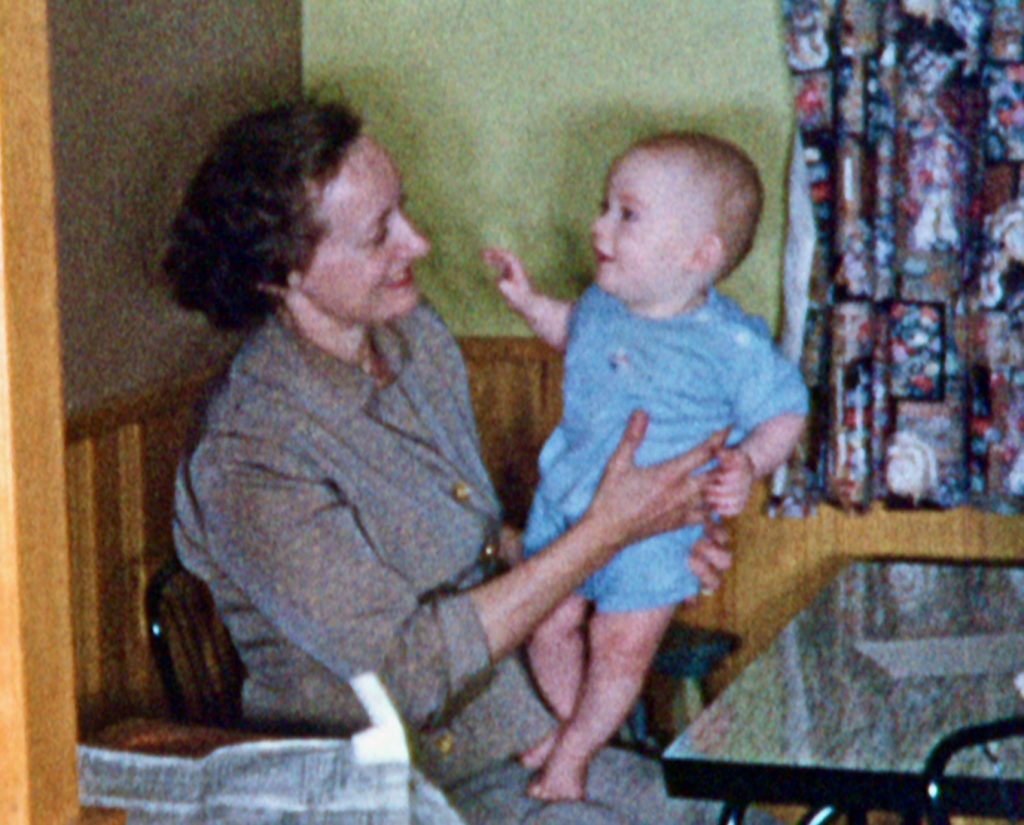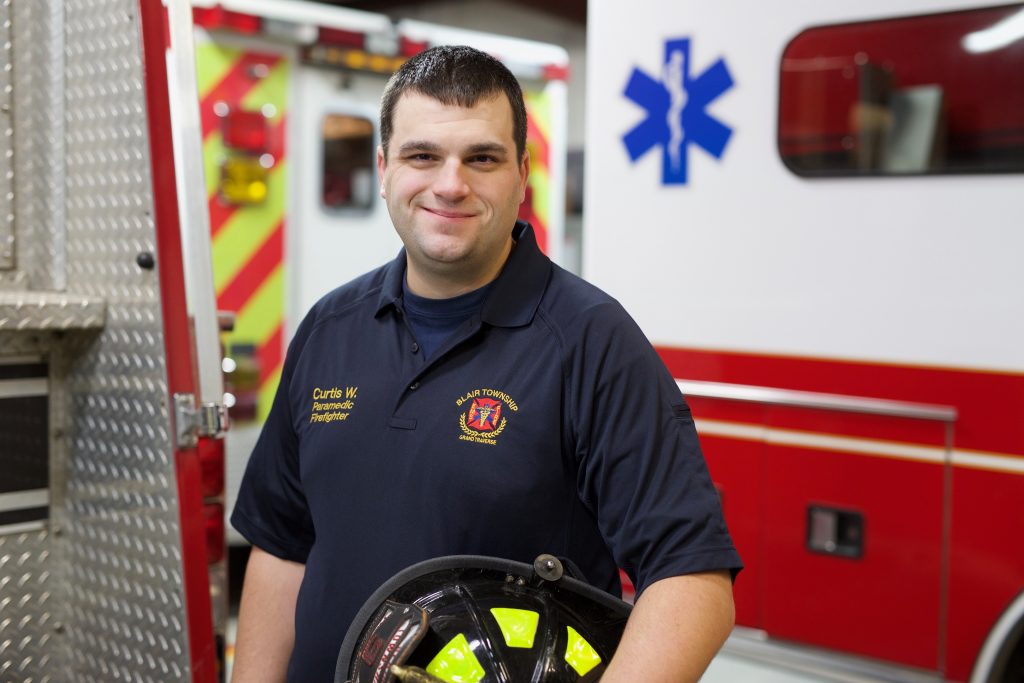
How would your life have changed if you graduated from high school and you could not read? You were smart, but your friends called you stupid. Your teachers said you were just lazy and didn’t even try. You picked up a birthday card from your grandma, who loved you so very much, and you couldn’t read a word.
How would your life have changed?
This is a real-life story from a friend that I captured in a recent article about dyslexia in (231) Northern Michigan Living Magazine.
My friend’s name is Kirk. Kirk was eventually diagnosed with the reading disability in his 20s and today can read. It’s a struggle, but he can read. Then I countered his story, with a Blair Township Firefighter named Curtis. Curtis was diagnosed with dyslexia in third grade and has gone on to a college graduation and working as a successful Paramedic in northern Michigan.
What struck me most about these two men is that they were from two different generations. While they both faced the same reading disorder, they both concluded their struggle was not a handicap. In fact they were convinced it made them stronger and better people.

There is an old saying that God will never give you more than what you can handle. If that is true, God clearly thinks I’m a wimp. Sure there have been struggles, but in reality I’ve lived a pretty charmed life. I was raised by incredible parents in a working class home. There was always a roof over my head. There was always heat and food to eat. Mom was always home at the end of the day to check up on how things went at school.
Compared to many in this country, I was doing pretty good. Compared to most around the world, I was doing fantastic. I never had to face a war-ravaged homeland. I was never persecuted because of my religious beliefs or because I lived too close to a drug operation. I never had to walk a mile to get water for the shack where I lived. It was charmed.

You can probably whip through this blog post pretty easily. I guarantee you that Kirk and Curtis will have to struggle with every word. They will get through it. They will understand it. But it won’t be easy.
It makes me realize that we all face adversity. Some more than others. Your adversity could be financial or bad health. But does it define you as handicapped? Or does it help make you stronger? Or to take it further, does it make you a better person? Do you turn your adversity into a way to help others?
That’s what both Kirk and Curtis did. They both took their dyslexia and moved it into their own personal radar. Kirk worked as a custodian in northern Michigan schools and would be keenly aware of students that appeared to have trouble reading. He would sit with them in the hallway and rejoice when he saw the light bulb go on over the kid’s head, that moment when the child understood something he read in a book. Curtis works as an EMT trainer and to this day keeps a sharp eye out for students that may struggle with things that they are trying to read.

Both these men exhibited tremendous courage as they faced their handicap. Both these men took that handicap and turned it into a strength. They took that strength and used it to help others. To me they both exhibit great courage and bravery. So, what’s your handicap? What’s your struggle? What’s your weakness? Can you turn it into your strength?
Want to learn more about dyslexia? Go to www.GTDyslexia.org.